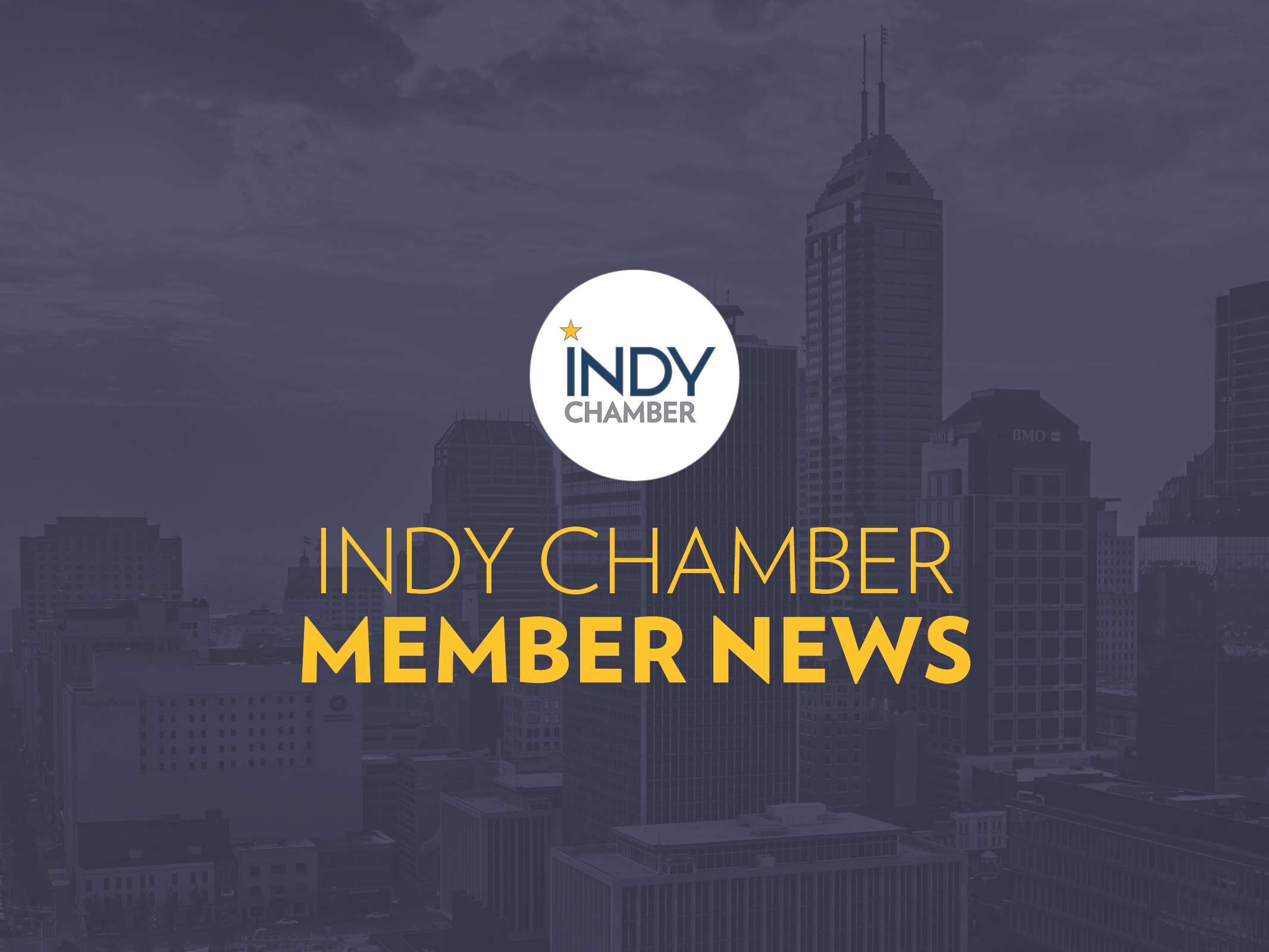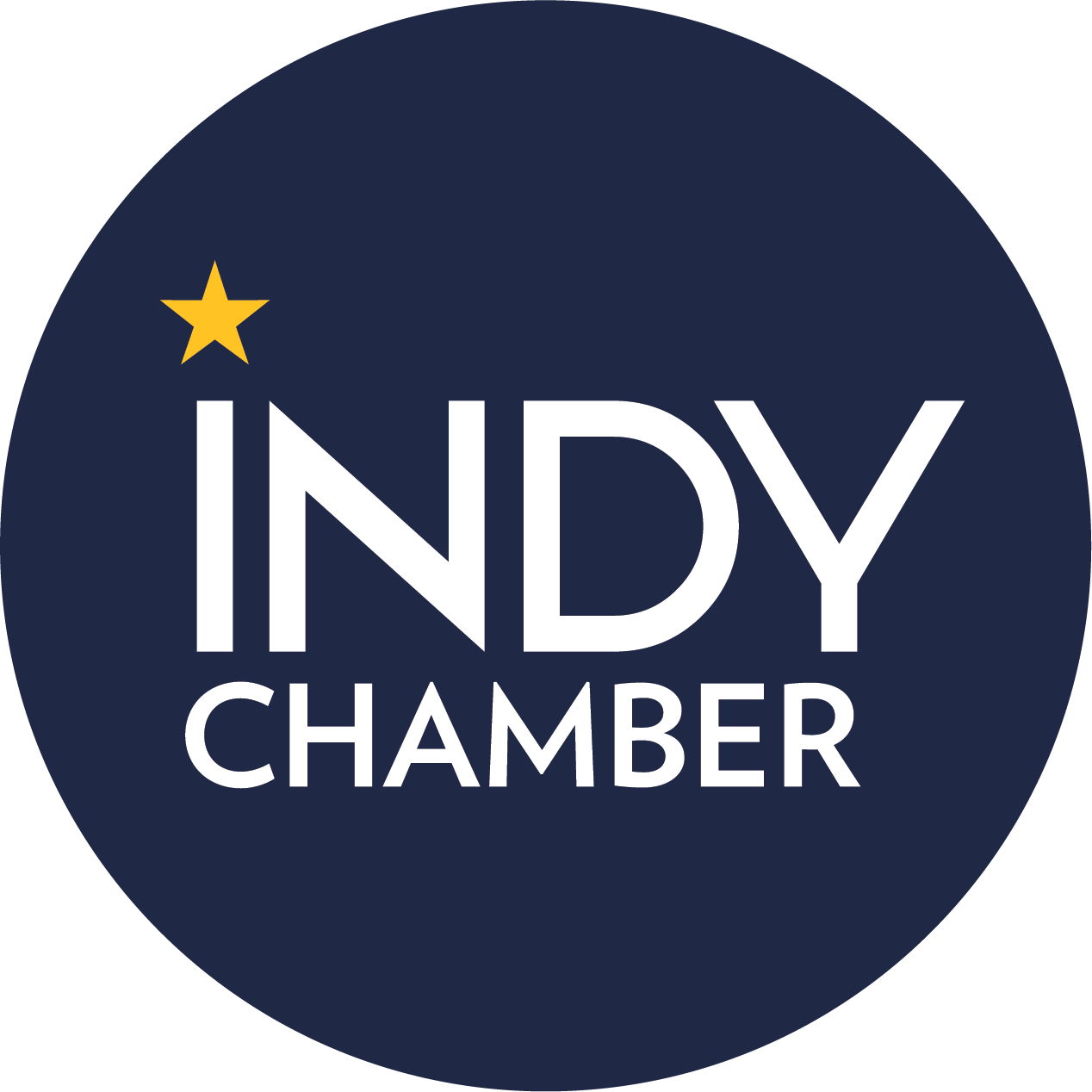Butler University Creating Two-Year College to Increase Access and Degree Attainment for Underserved Students

Butler University is partnering with a national nonprofit to create a new two-year college on its Midtown Indianapolis campus that will provide an affordable pathway for historically underserved students who want to pursue education after high school. Butler’s new two-year college aims to address longstanding gaps in college access and completion for historically underserved students and increase degree attainment in a state that, like many, has seen declining college enrollment over the last decade.
Students enrolled in the college can obtain their associate’s degree with no debt or out-of-pocket expenses, and most will have the opportunity to continue at Butler and earn a bachelor’s degree for less than $10,000.
“Butler University was founded in 1855 on the fundamental principle that women and people of color should have equal access to higher education as white men, a radical vision for the era,” Butler President James Danko said. “Now, almost 150 years on, unequal access to higher education persists among certain segments of our population. It’s a significant problem that demands our attention. The 'Come to Believe' model is not only innovative in its approach, but it also has proven outcomes, resonating deeply with Butler’s original mission. We consider it an honor to be selected for participation in the Come To Believe Network. In collaboration, we are committed to transforming lives.”
Butler is the third university to join the Come To Believe Network, a nonprofit that has established a track record of success in helping higher education institutions develop and launch two-year college programs that provide pathways for underserved students to receive two-year and four-year degrees. CTB's model was first developed at Arrupe College at Loyola University Chicago in 2015 and then expanded to Dougherty Family College at the University of St. Thomas, Minn. in 2017.
Students who participate in Come to Believe model colleges graduate at four-to-six times the national average for two-year colleges. More than 80 percent of graduates from CTB model colleges transfer to four-year schools, and 75 percent graduate with a bachelor’s degree, in part because they receive access to the same amenities as four-year students at the universities, plus additional supports. Like Arrupe and Dougherty Family College, Butler’s two-year college will be accessible to Pell-eligible or undocumented students who face barriers to college but have demonstrated high potential to succeed with the support CTB’s model provides.
“Butler University is exactly the type of competitive school many underserved students aspire to attend and could succeed at with the right support,” Steve Katsouros, S.J., Ed.D. Founder, President and CEO of Come to Believe Network, said. “This visionary institution recognizes how CTB’s model can empower more young students in the Indianapolis metro area to fulfill their potential through the promise of higher education.”
Butler will begin enrolling students next year for the fall 2025 semester. Students will have the option of pursuing associate’s degrees in Business or Allied Health. Butler also announced today that it is launching a national search for an inaugural Dean for the new college.
CTB selected Butler University based on the University’s commitment to access, impressive institutional capacity, strong enrollment trends, and large populations of low-income prospective students who could benefit from the program. CTB is providing Butler with $500,000 in seed funding, made possible by a gift from Schreiber Philanthropy, to support the launch of the new college. CTB will continue to support Butler as it prepares for its opening in Fall 2025.
Dennis E. Bland, President of Center for Leadership Development, and Marlene Dotson, President & CEO of Indiana Latino Institute, praised Butler University and Come to Believe for expanding access for historically underserved students, especially students of color.
“I commend Butler University for initiating the Come to Believe program on its campus,” Bland said. “Through this effort, Butler has the opportunity to provide a distinctive, enriching and impactful education experience to traditionally underrepresented students while helping our city bolster post-secondary enrollment, persistence and completion rates.”
“Latino students face many barriers when it comes to earning a college education,” Dotson said. “There are financial barriers, language barriers, and cultural barriers. The Come to Believe model provides guidance and support services to help students with the application process, financial aid, academic advising, career exploration, and so much more. It's the combination of high-touch services and intentional support that will empower Latino students to achieve success.”

Join Our Newsletter
Quick Connect Links



